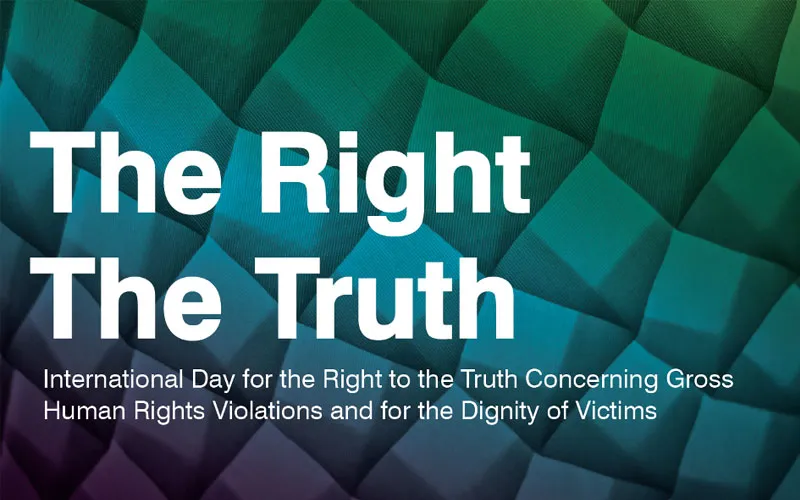Harare, 24 March, 2021 / 5:07 pm (ACI Africa).
On the International Day for the Right to the Truth Concerning Gross Human Rights Violations and for the Dignity of Victims marked March 24, members of a Christian organization in Zimbabwe that promotes peace have expressed their displeasure at the tendency to politicize development agenda in the Southern African nation.
In a Wednesday, March 24 statement obtained by ACI Africa, officials of Churches Convergence on Conflict and Peace (CCCOP) note, “In working towards a just and peaceful community, it is a common trend that issues of development in most cases are politicized and hate-speech becomes the order of the day and goes on unabated.”
“We condemn such practices because they undermine the dignity of a person,” they say and add, “This violates in its entirety, the call by the 1948 Universal Declaration of Human Rights which is premised on the will of the people, and their right to effective political participation.”
Human Rights “are also guaranteed in the gospel and other passages of the Bibles as the word of God upon which Christian values and the principles of the Social Teachings of the Church are based,” CCCOP representatives say.
In their two-page statement titled, “Finding Joy in the Truth,” members of the Church-based consortium who include representatives of the Commission for Justice and Peace (CCJP) of the Zimbabwe Catholic Bishops' Conference (ZCBC) acknowledge the role of the Church as an “advocate for the best practices in peace and reconciliation processes.”








